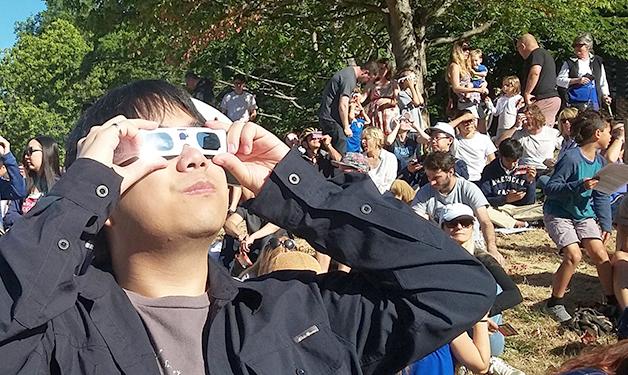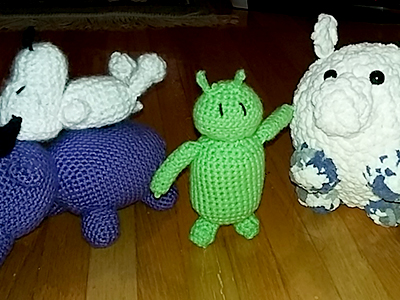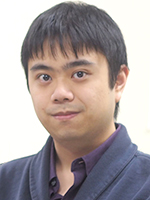
Meet Daniel–putting tech to the test to advance skin care.
Q: What is your role in health research?
A: I am a PhD student in the UBC School of Biomedical Engineering and I work to find and develop technology driven solutions to health care problems. I have a lot of roles: I’m an engineer, lab technician, data analyst, grant writer, teaching assistant, and conference presenter among other things. Right now, my work focus on developing innovative optical technology for skin cancer detection. Skin cancer is a very common disease, so one of the challenges is being able to provide efficient treatment on a large scale. By improving the availability and accuracy of detection through technology, we can help our health care system keep up with the demands of an ever-growing population.
Q: What area of research are you most interested in and why?
A: My research area of interest is in biomedical optics. Light is an incredibly interesting subject; working with light is a careful mix of theoretical understanding and precision application. My supervisors Dr. Tim Lee and Dr. Lioudmila Tchvialeva introduced me to this field of research. They sought out an engineering student to develop a prototype device to measure optical polarization signals from skin cancer lesions. I applied, was accepted, and have been dedicated to that ever since.
Q: What is the best part of your research job?
A: I like the flexibility research allows me to have in my day-to-day. I have room to pursue my ambitions, but also room to re-energize if needed. And there’s space for me to optimize between the rigid structure of meetings and deadlines.
Q: What is your average day like?
A: My work is usually quite varied. I can be working in my lab at the Vancouver General Hospital campus, collaborating with others at UBC, crunching data at the BC Cancer Research Centre or performing clinical testing at the Skin Care Centre. Some days I am busy with meetings and presentations, other days I can quietly focus on writing and experiments.
Q: What has been the biggest highlight of your research career so far?
A: The first paper I published came out on my birthday, so that was a nice coincidence. Achievement-wise, being invited to speak at the World Congress of Dermatology 2019 in Milan is a major milestone. But I think I’m slightly more proud (and less terrified) of presenting my work on the local news. It was less about the publicity, and more about the realization that I can communicate effectively on camera.
Q: What’s one thing not many people know about you?

Q: Who inspires you?
A: My parents are both consulting engineers who work incredibly hard, setting the best example for me to follow. Funnily enough, they didn’t want me to follow in their footsteps at the start. Perhaps that contributed to my decision to become a researcher.



